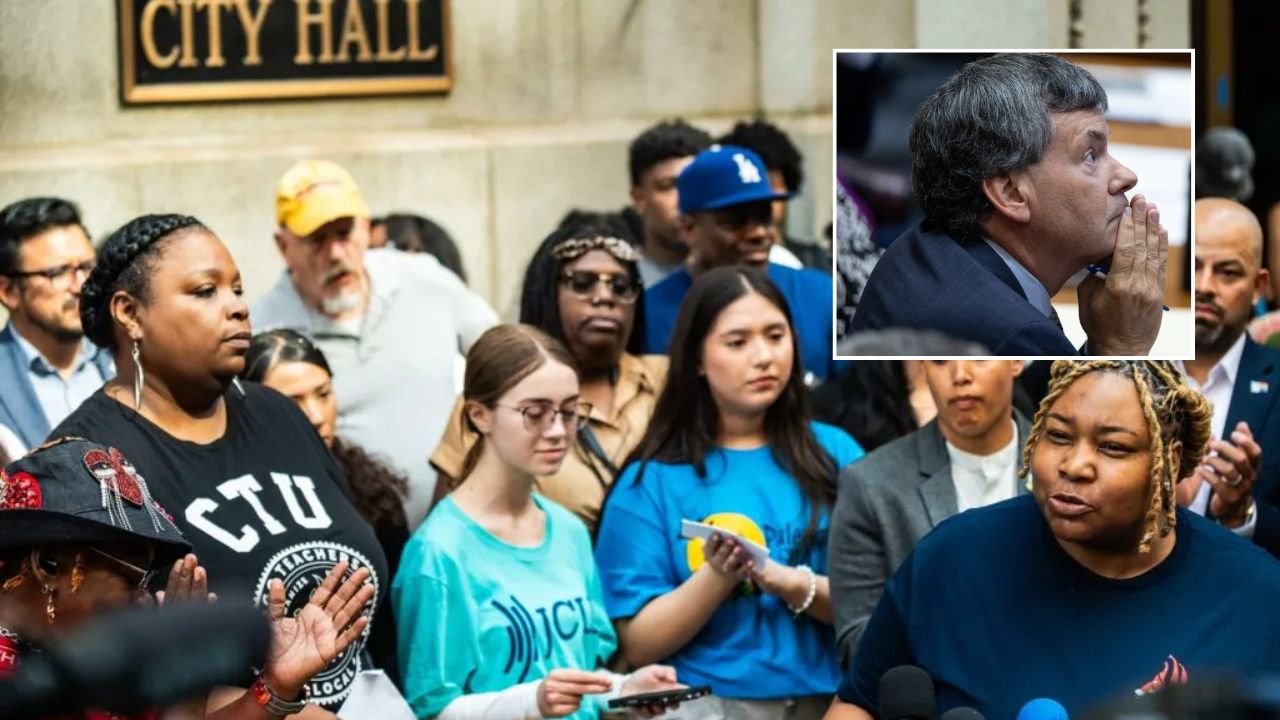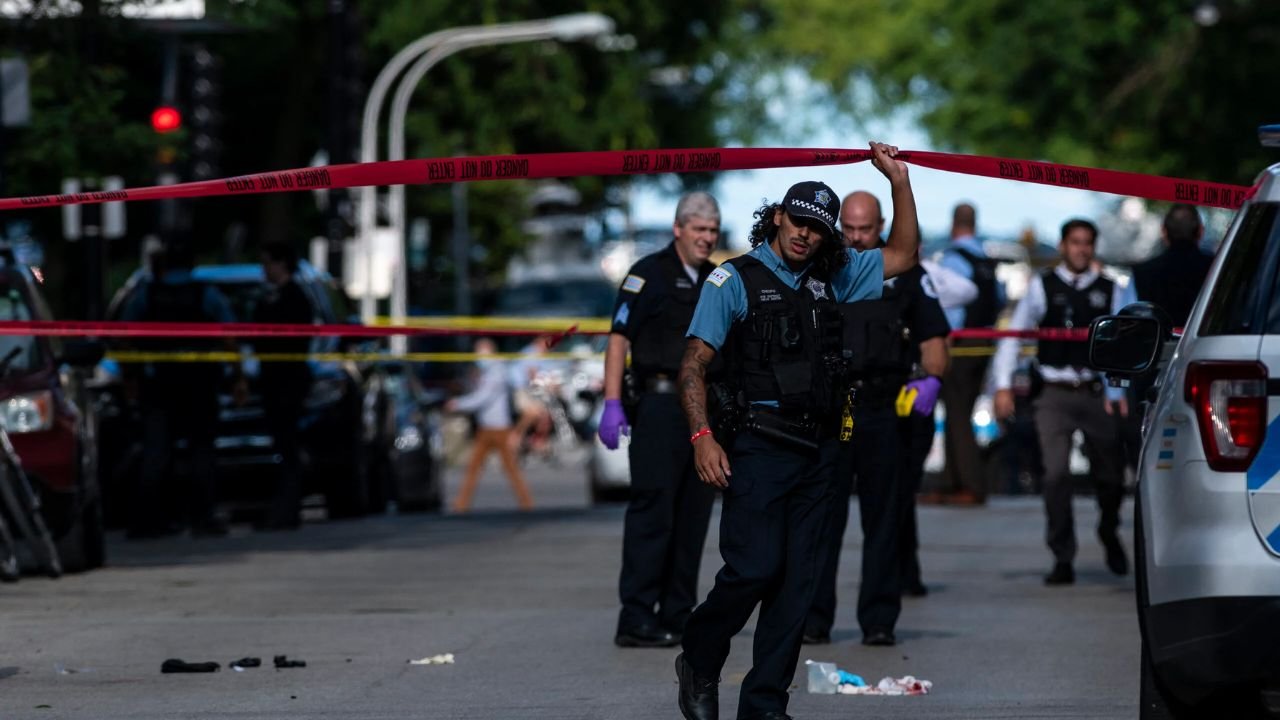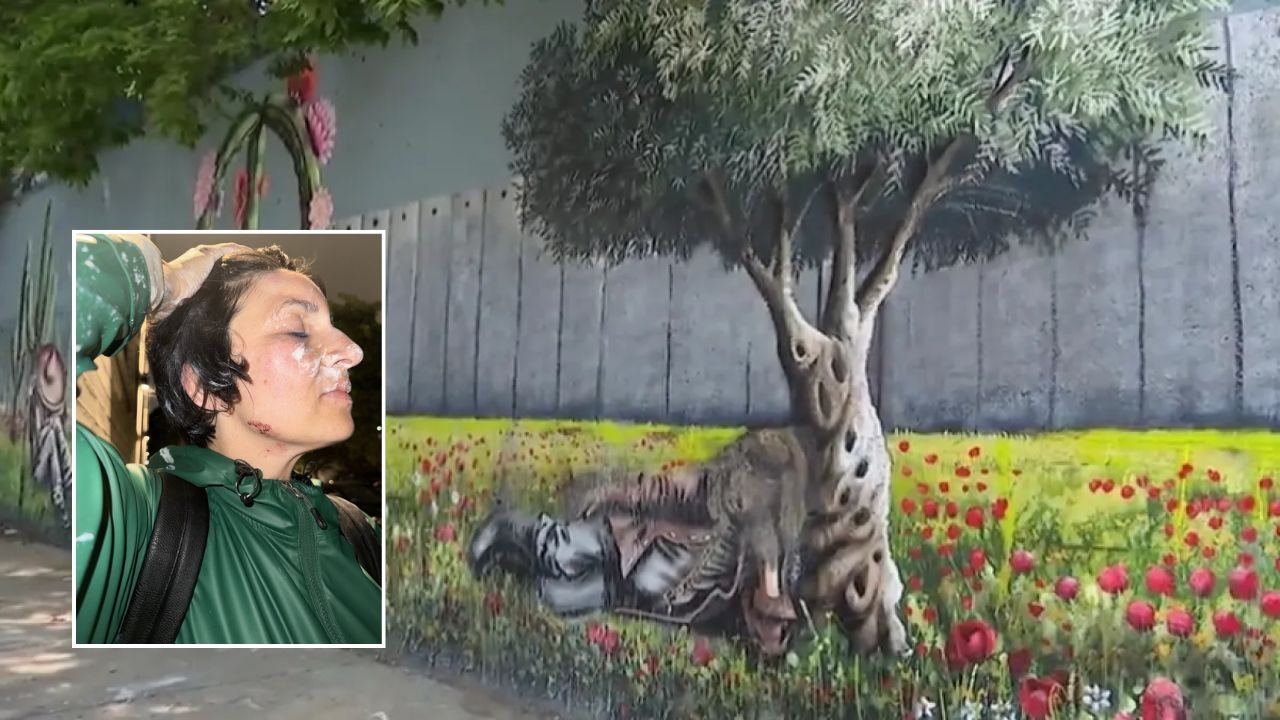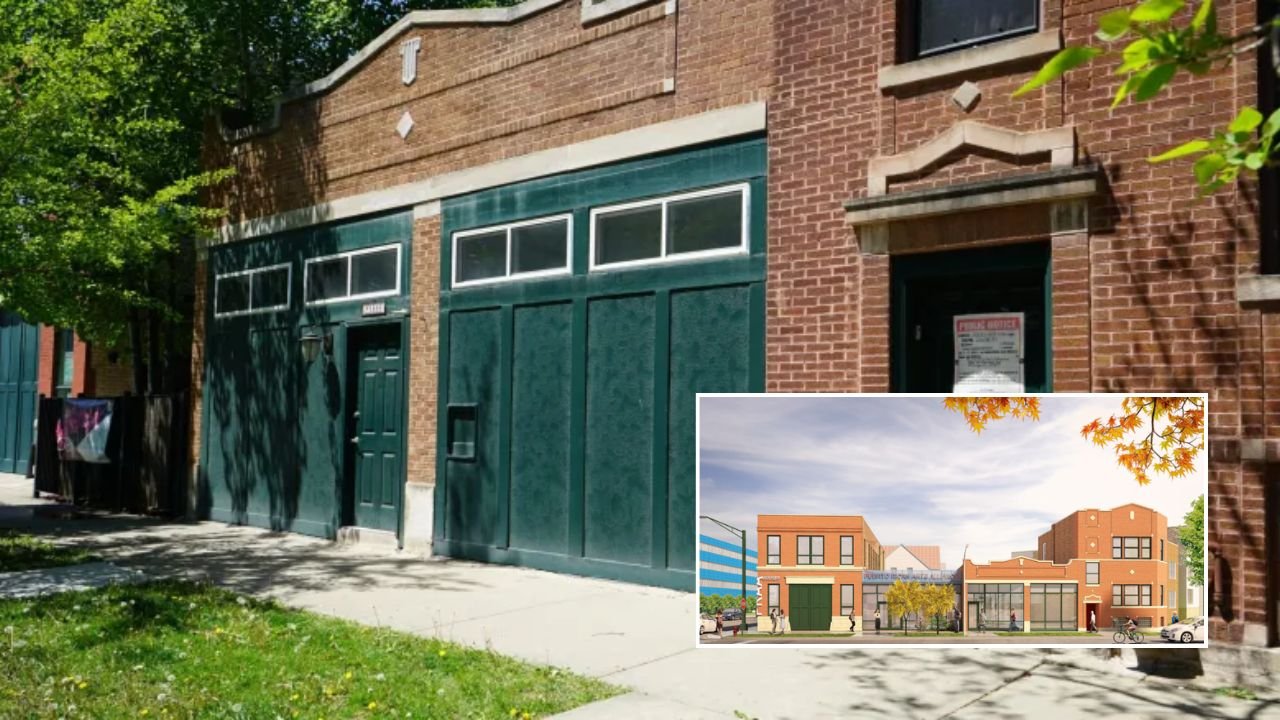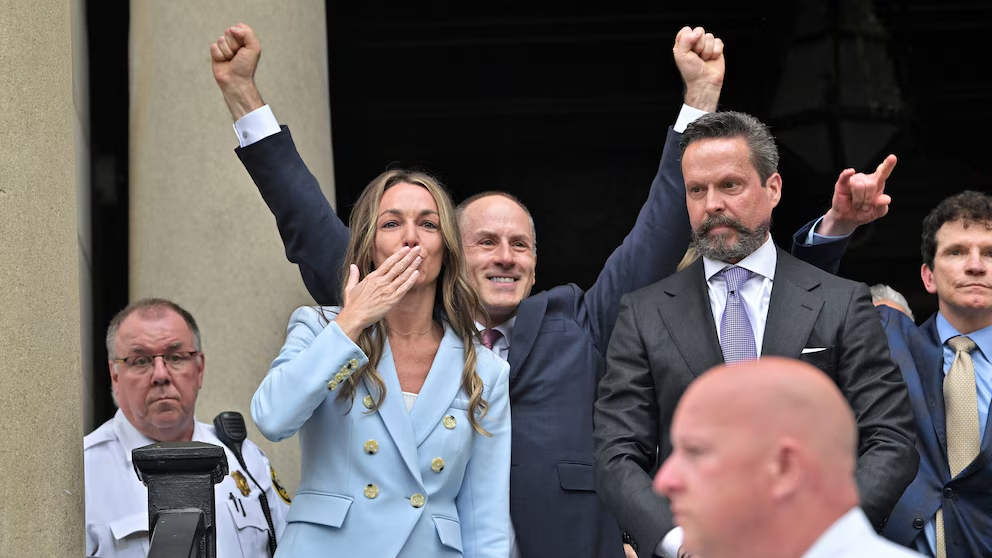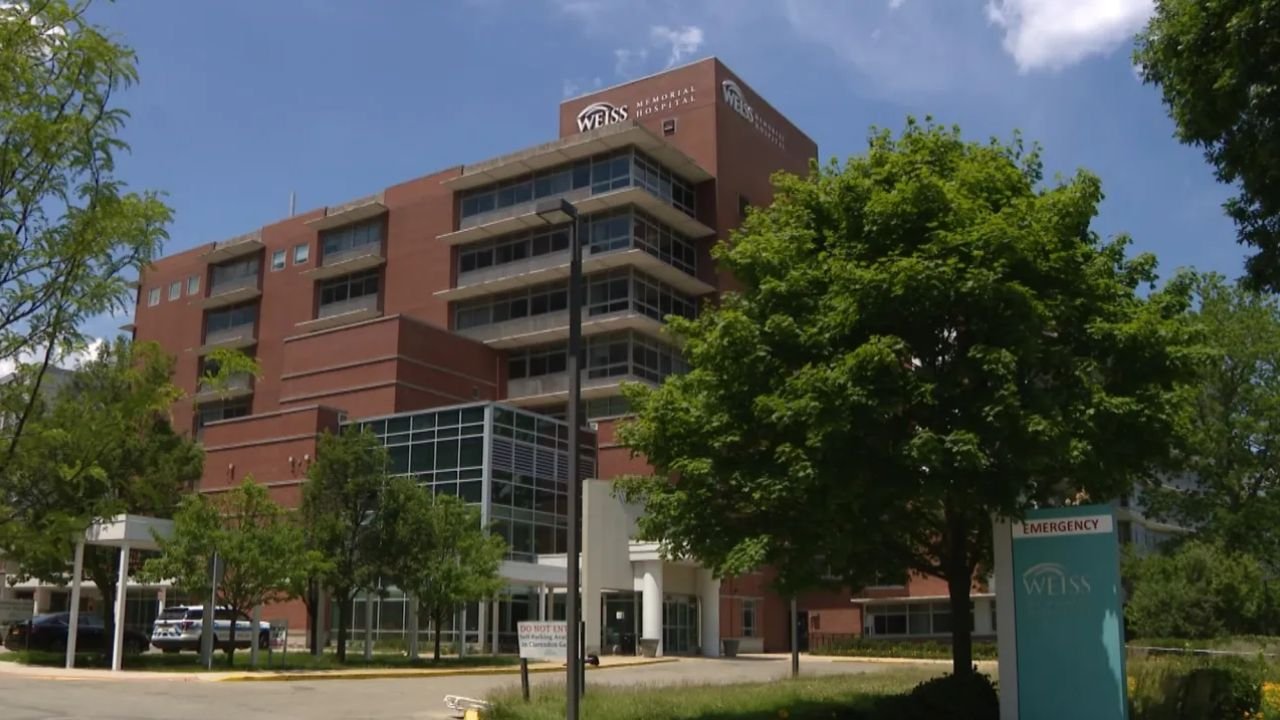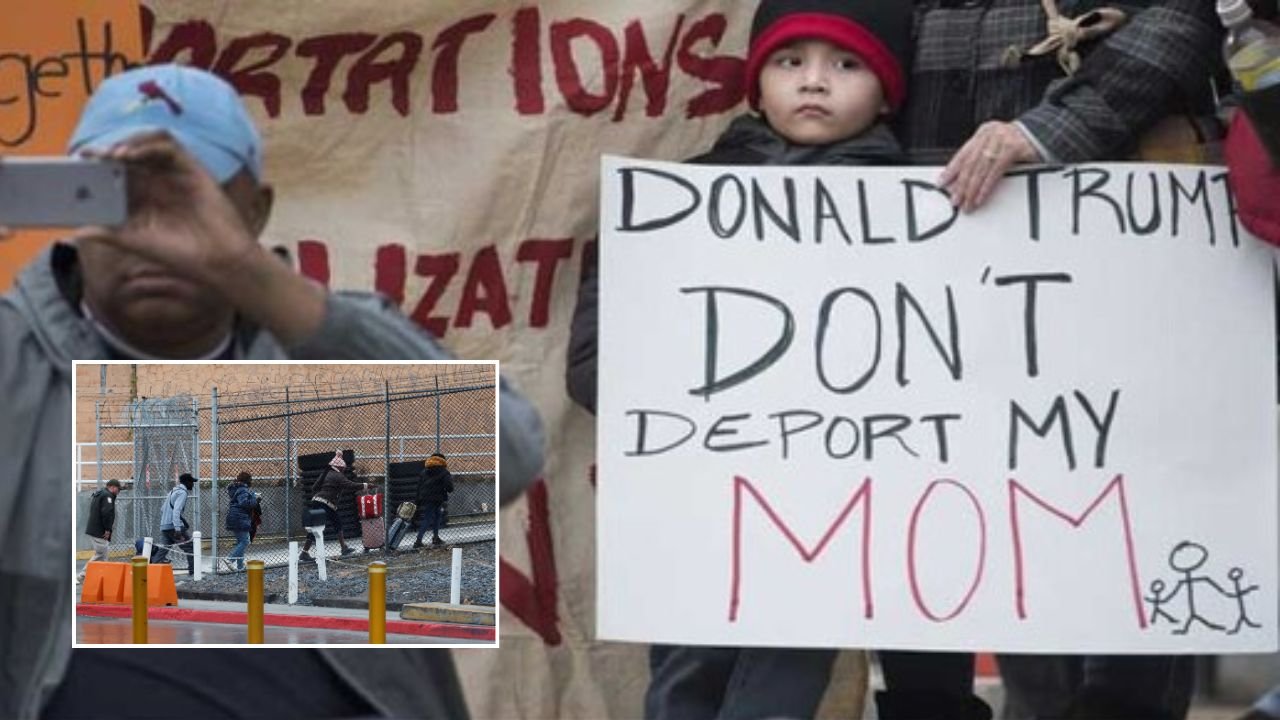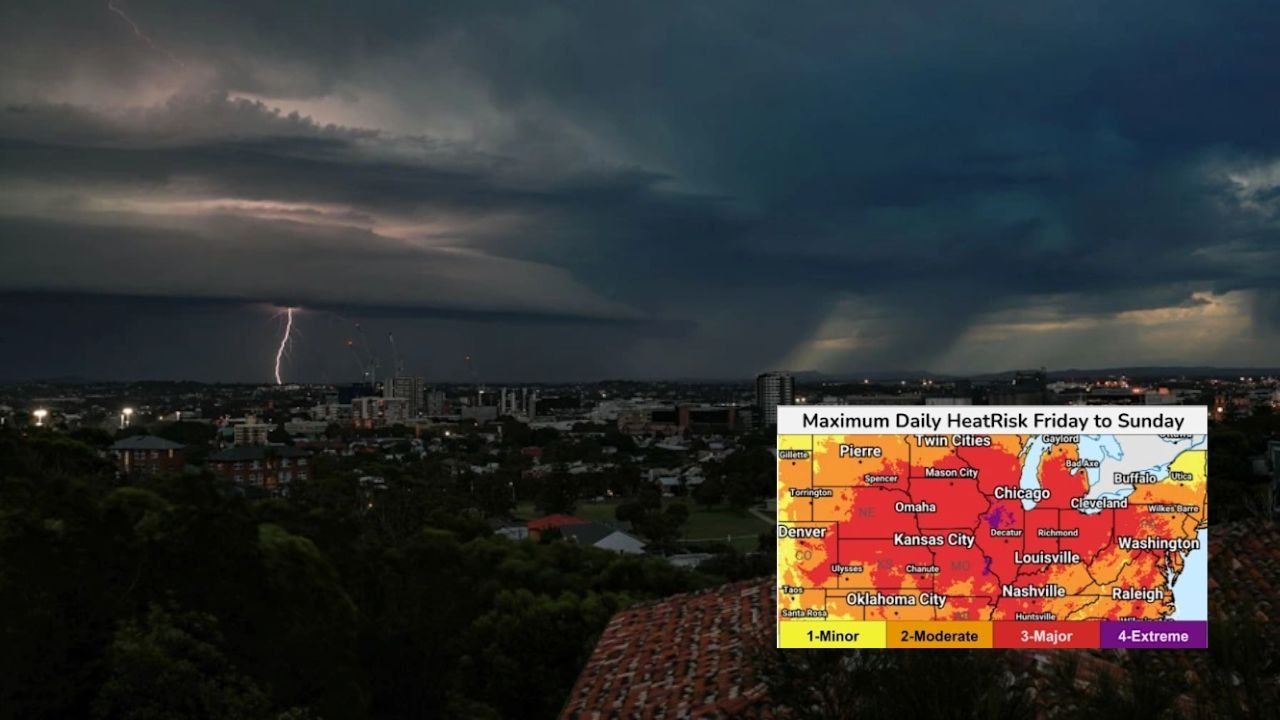CHICAGO — A new ordinance allowing police to issue a “snap curfew” during disruptive youth gatherings narrowly passed the Chicago City Council on Tuesday, sparking immediate controversy as Mayor Brandon Johnson announced plans to veto the measure.
The ordinance, introduced by Ald. Brian Hopkins (2nd), would give police the authority to declare curfews without advance notice, targeting unsupervised minors during large public disturbances or gatherings — commonly referred to as “teen takeovers.”
What Is the Snap Curfew Ordinance?
The proposed policy allows law enforcement to impose an immediate 10 p.m. curfew on minors if a disruptive gathering is underway and parents are not present. Police would be able to detain or disperse groups of teens without prior notification, unlike Chicago’s regular citywide curfew, which is publicly posted and consistently applied.
Supporters of the measure argue that it’s a necessary tool for curbing dangerous flash mobs and property damage, particularly in popular gathering zones like Millennium Park, North Avenue Beach, and downtown CTA stations.
Why Did the City Council Approve It?
The ordinance passed by a 30-18 vote after weeks of heated debate. Several alderpersons pointed to escalating concerns from residents and businesses about unsupervised youth gatherings turning into chaotic scenes — sometimes involving fireworks, fighting, or destruction.
Ald. Hopkins said the measure is “not a blanket curfew” but a targeted public safety response:
“This ordinance is designed to keep both our teens and our neighborhoods safe. It allows for a measured response during extreme situations.”
Backers also emphasized that the law would not criminalize teens but simply allow police to clear out unsafe environments before they escalate.
Why Mayor Johnson Plans To Veto It
Despite the Council’s approval, Mayor Brandon Johnson has stated that he will veto the ordinance, citing concerns from civil rights groups, youth advocates, and neighborhood organizations.
According to reporting from Block Club Chicago, the mayor believes the policy opens the door to racial profiling and disproportionate policing of Black and Brown youth, especially in public spaces where many simply gather for recreation.
“We do not solve complex social issues through blunt instruments like reactive curfews,” Johnson said in a statement, calling the measure “inequitable” and “unenforceable in a just way.”
To override his veto, the Council would need a supermajority of 34 votes, which they currently do not appear to have.
Mixed Reaction From Parents and Suburban Families
For suburban families who often visit Chicago on weekends or send teens downtown for summer jobs and events, the curfew issue hits close to home.
Some parents say they support tighter curfew enforcement amid growing reports of group disturbances in tourist-heavy areas. Others argue that randomly enforced curfews could backfire, especially if teens are targeted based on appearance or group size — not behavior.
Local mom Tanya Rivera from Berwyn said:
“I want my teen to be safe when he takes the Metra downtown — but I also don’t want him harassed just for standing with his friends after a concert.”
Suburban teens may also face enforcement if they are caught up in a city gathering, raising questions about how clearly such curfews will be communicated when declared on the spot.
What’s Next?
The ordinance will now head to Mayor Johnson’s desk. He is expected to issue his veto in the coming days. Unless supporters can gather four more votes, the curfew measure is unlikely to become law in its current form.
Meanwhile, city officials and advocates say they’re continuing to look for long-term alternatives — such as expanded youth programming, safe public transit hubs, and summer job support — to reduce the need for emergency crowd dispersal.
Do you think Chicago’s snap curfew is a smart step for public safety — or a short-sighted policy that could harm innocent teens? Join the conversation on ChicagoSuburbanFamily.com and let your voice be heard.

